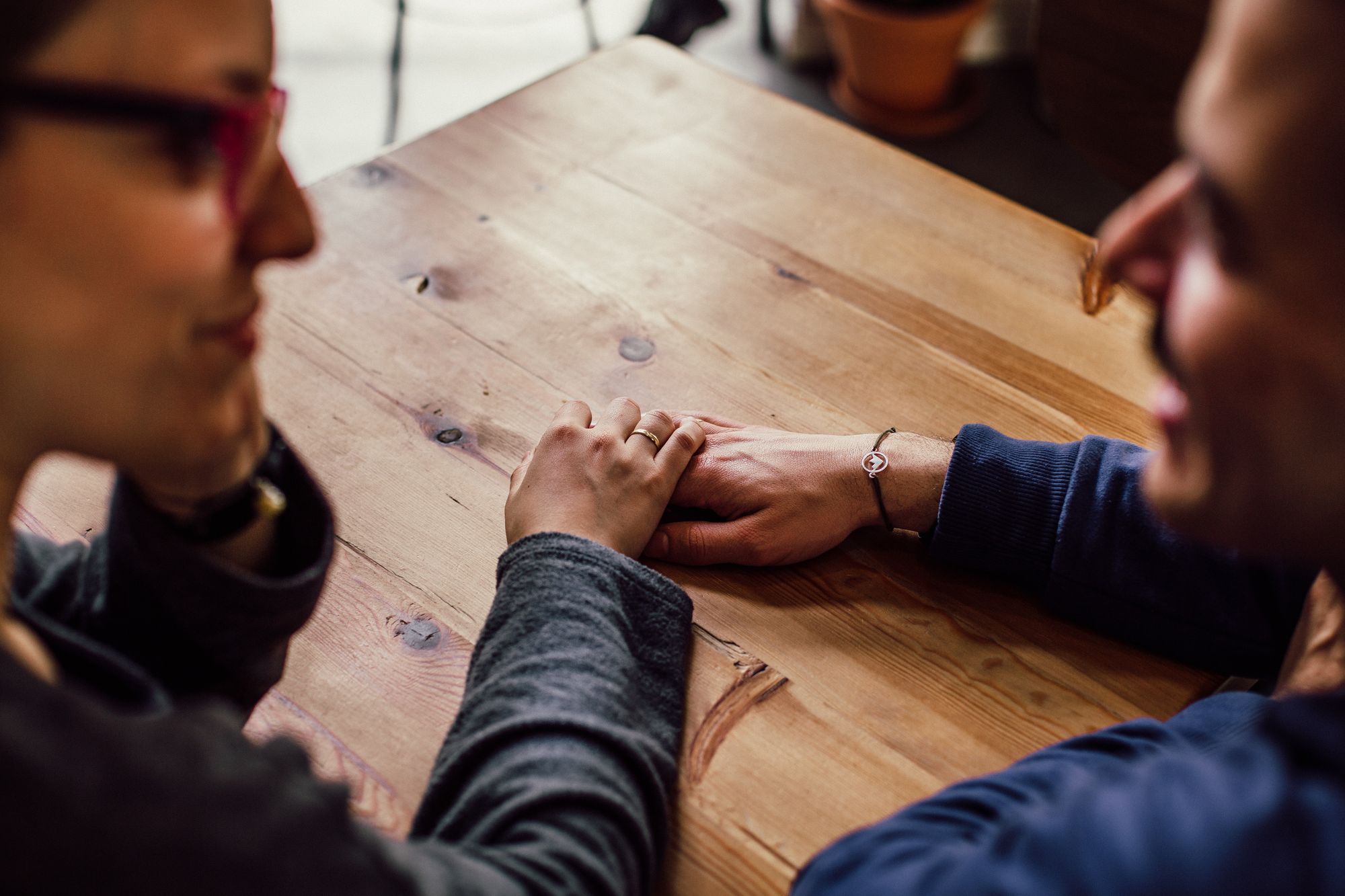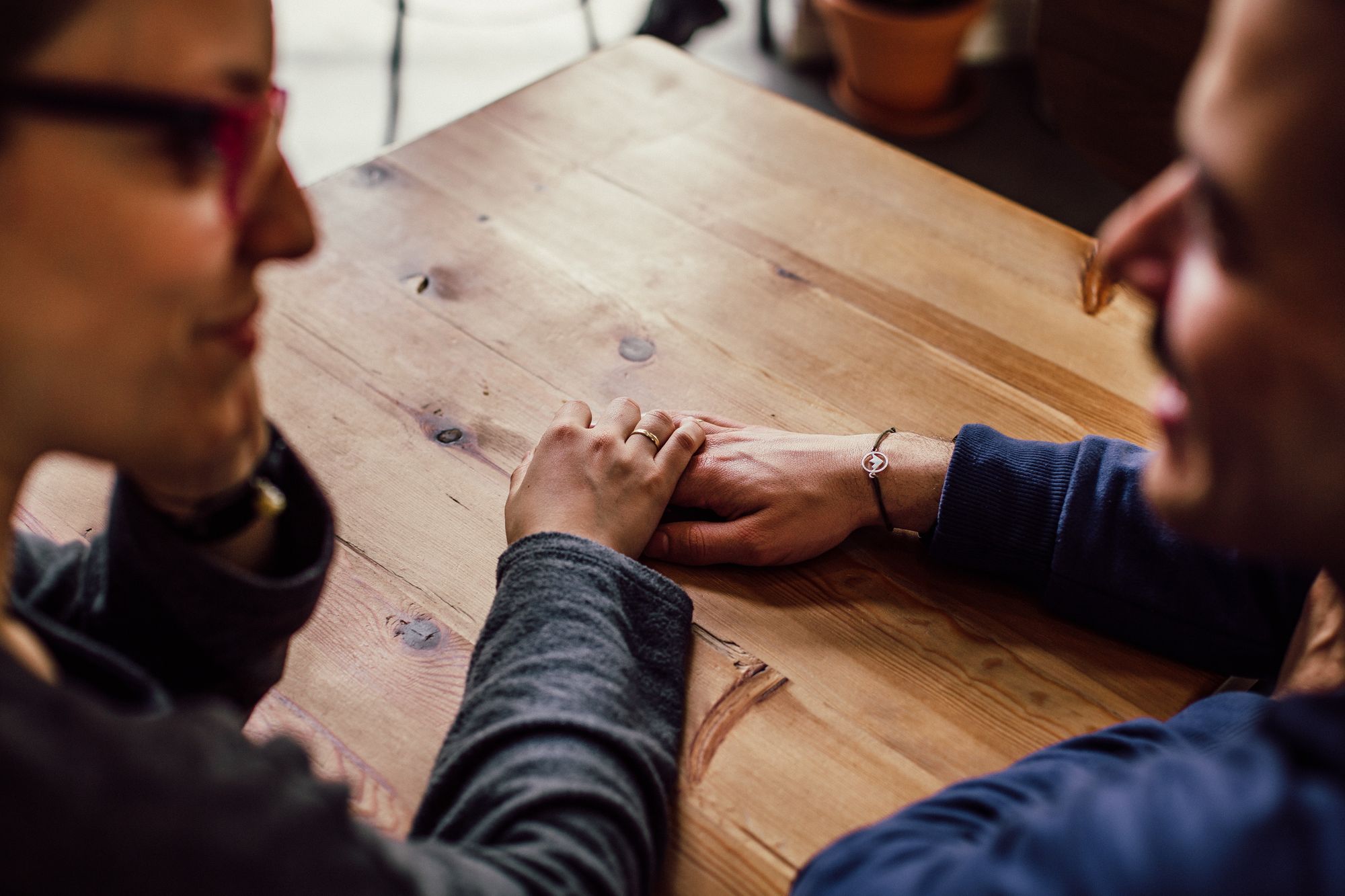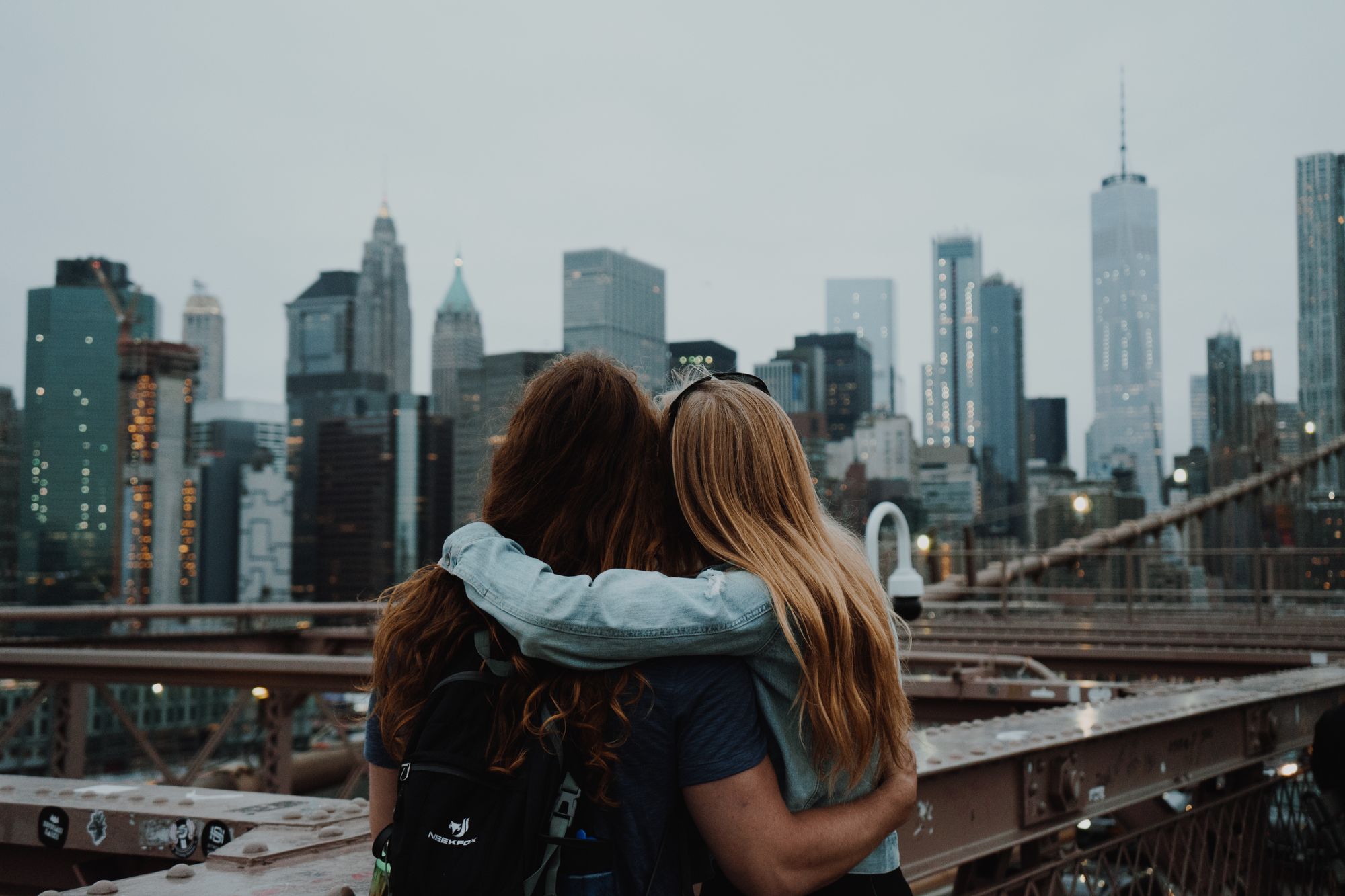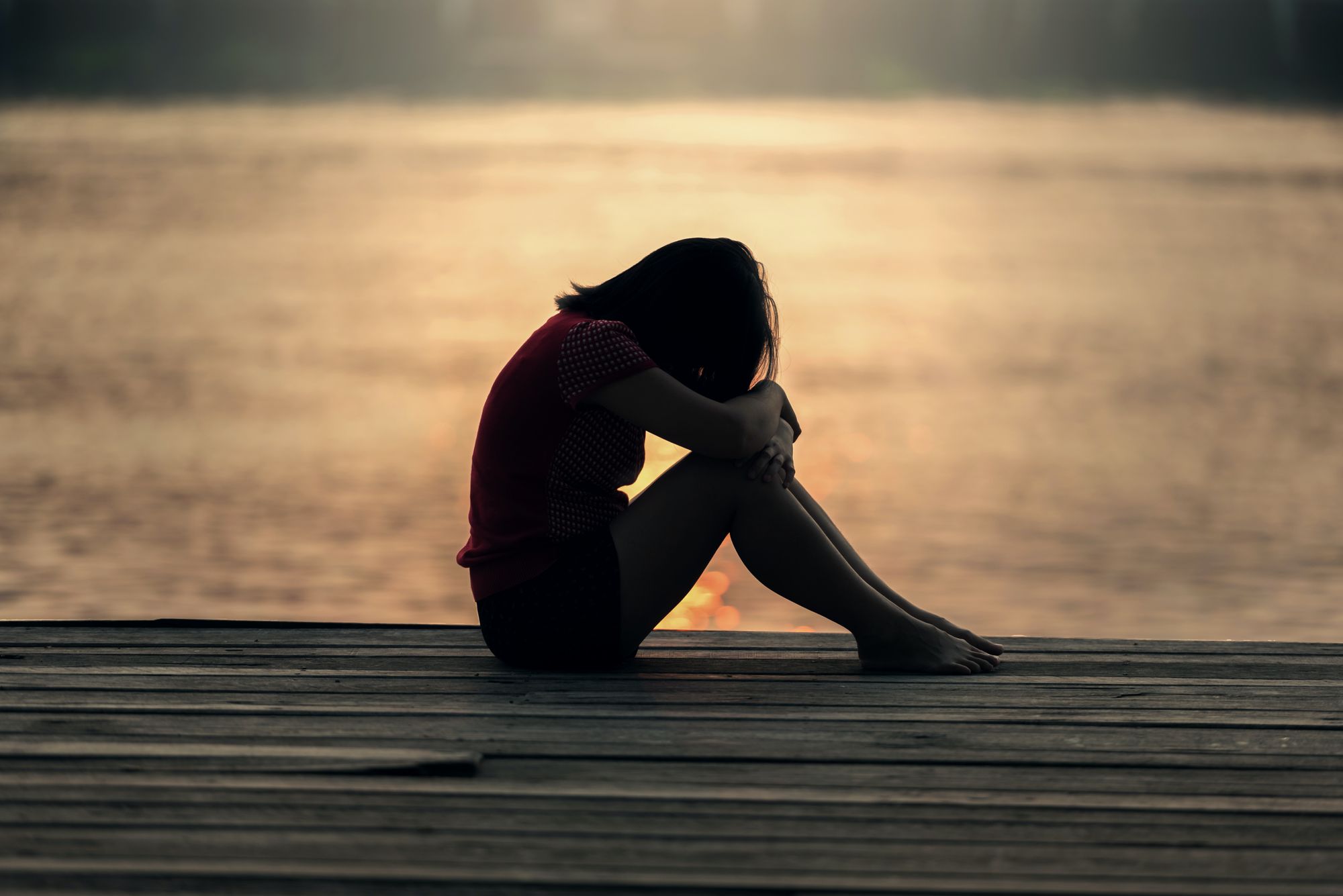What it’s Like to Lose a Parent in Your Early 20s

Ebony-Renee Baker
Culturally, losing a parent is something that we most often associate with late adulthood. Truthfully, the loss of a parent at any age is difficult, but facing it earlier than most can feel like a lonely and isolating path to travel.
I was 21 when I lost my dad. While my friends were celebrating university graduations and exciting job offers, I planned my parent’s funeral and took on financial burdens that weren’t my own. At 21, I had absolutely no idea what the rest of my life would look like because grief was never in the cards.
This is the case for many people - we are never really prepared for what life brings us, especially when it comes to death, but what if we simply had more conversations around the end of life? What if we dared to explore the realities of losing a parent at an age that we know feels too soon to lose them?

As someone who has been through it – and continues to navigate the terrain of grief four years on – here are some of the ways that the loss of a parent in your early 20s will change you.
It forces you to grow up fast
Whether you’re exposed to heavy family drama (which is likely), the exorbitant cost of funerals and end-of-life decisions, or the never-ending emotional roller coaster, losing a parent at a young age is a sobering reminder that your life won’t ever paint a perfect picture.
Amid the responsibilities that you’re suddenly obliged to take on and the wrench that’s been thrown into your life plans, it’s entirely acceptable to feel indifferent about the things you once cared about. Life goes on, and while your friends may still be wrapped up in things like Instagram followings and menial gossip, it’s normal if you’re not. Once you’ve experienced something as major as a loss of a parent, your priorities may change.
You will lose and gain friends in the process

As we go through life, our friends play an important role in our growth; in many cases, they are our support system, our lifeline.
In times of strife and hurt, you may find those who you once counted on disappearing from your life entirely. The reality of big life changes, death or otherwise, is that some of your friends may show up, some may not. Relationships change, and it’s the natural flow of life.
Cherish those friends who do show up – even if it’s just to pick up the phone or lend a shoulder. If you notice that other friends have shied away or aren’t respecting your needs, it’s natural to want to let those relationships go.
You bond with others in the same boat
Connecting over life experiences can help you feel less alone. Generally, here’s a bond that can come out of loss, and as you go through the grief process, you may connect with many different people at different times.
Sharing your grief with someone who relates can be therapeutic and also a reminder that you are not alone in your experience. You may also find yourself reaching out to support others when they lose a parent in the future. It’s this common experience that makes us human. Lean in.
Guilt is unavoidable

There are still days when I can’t stop thinking about how short my time was with my father. As a result, it’s easy to get caught up on all the nights you chose your friends over your parent, when you may have had a conflict with them, or didn’t show enough appreciation for them before they died.
But if there’s anything to remember is that that none of that reflects on your relationship with your late parent. Instead of focusing on what you didn’t do, focus on the impact they made on your life and vice versa. While I can’t say that the absence of that person will get any less painful, you may surprise yourself with how much you’re able to adapt and grow alongside it.
Ebony-Renee Baker is a Canadian writer and content creator based in the UK. She writes about topics including lifestyle, fashion, race, social issues and, yes, sometimes death.



